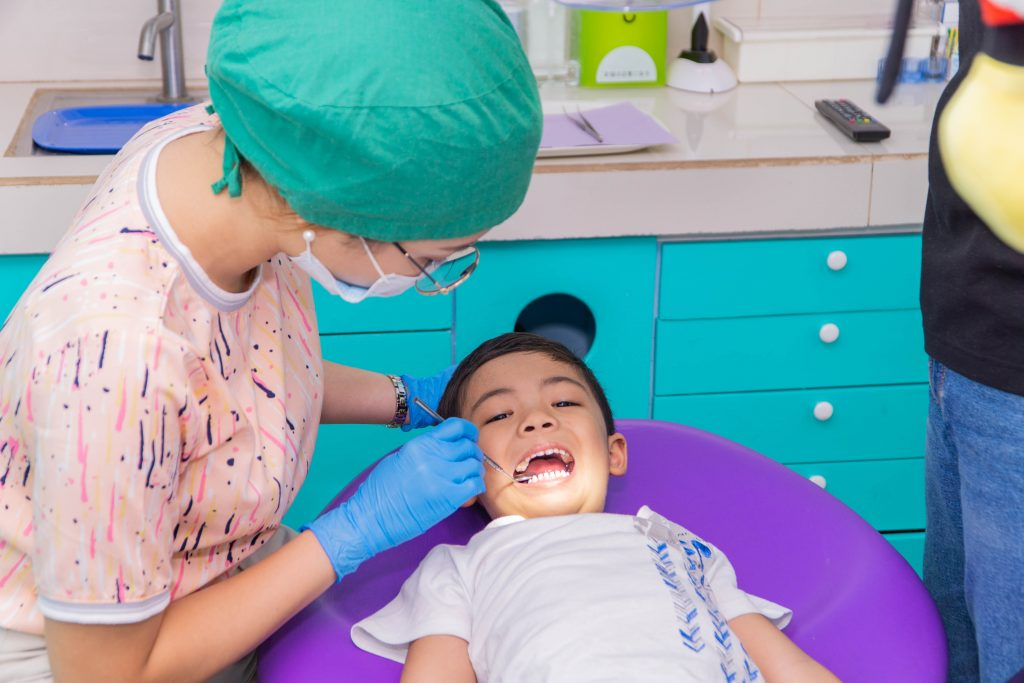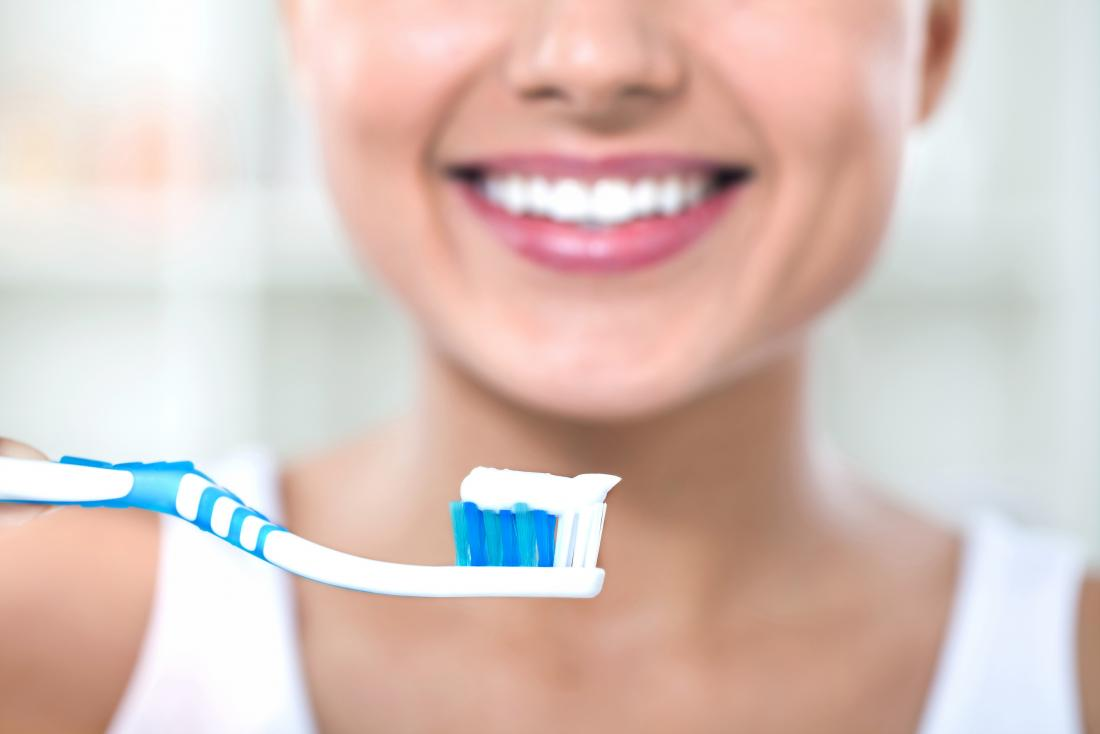 |
| medicalnewstoday.com |
If you are among the millions of people who suffer from gingivitis, you know how painful and frustrating it can be. Gingivitis is a gum disease that can cause gum inflammation and even tooth loss if not treated. According to Dr. Kami Hoss, the condition occurs when plaque and tartar remain on the teeth for a prolonged period. If the disease is still in its early stages, some home remedies can be implemented as treatment.
Lemon Juice
The citric acid and other nutrients in lemon juice can help remove plaque and tartar from the teeth. Additionally, it has anti-inflammatory properties and contains a significant amount of vitamin C that can help fight off infection. To use this treatment, mix equal parts of lemon juice and water (another option is to add salt), and apply it to the gums and teeth. Let it sit for a few minutes, then gargle with water afterward to rinse off, instructs Dr. Kami Hoss. Do this no more than two or three times per week.
Saltwater is a natural disinfectant that can kill bacteria in the mouth. It can also help to reduce inflammation, swelling, and pain in the gums caused by gingivitis. The appropriate saltwater mix is ½ to ¾ teaspoon of salt for every glass of lukewarm water. First, swirl the solution inside the mouth for 30 seconds, then spit out the solution. Dr. Kami Hoss advises doing this two to three times per day.
Turmeric
Turmeric is a spice of the ginger family that has been used in traditional Asian medicines for thousands of years. It has antioxidant and anti-inflammatory properties that make it effective for treating gingivitis, explains Dr. Kami Hoss. A turmeric salve can be created by mixing a pinch of the powder with water or vitamin E oil. The paste can be applied each night to the affected areas.
Read similar articles by checking out this <a href="https://www.flickr.com/photos/141130891@N08/">Kami Hoss</a> <a href="https://twitter.com/KamiHossUS">page</a>.








